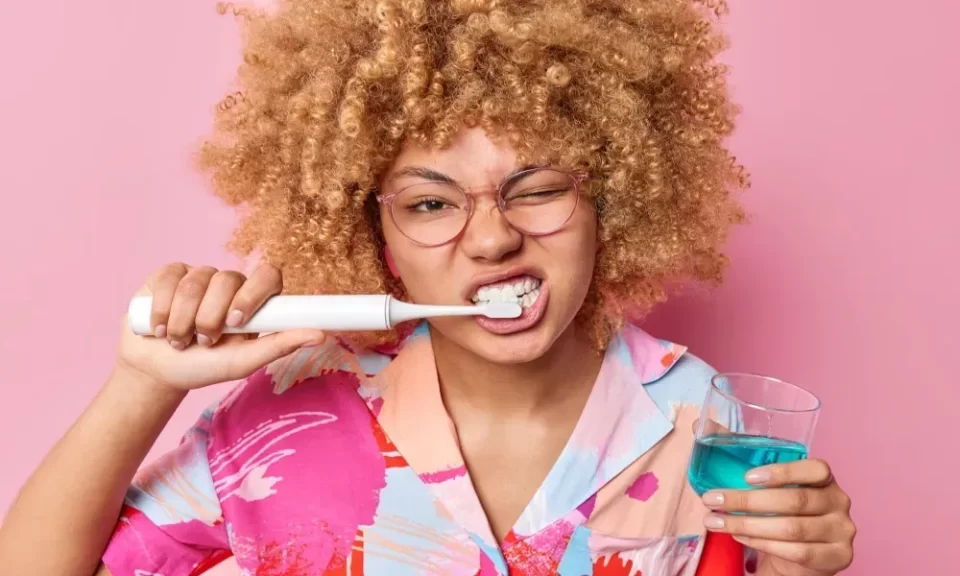A plethora of people have opted for dental crowns in Lakeview Chicago for numerous purposes, such as restoring damaged teeth, gaining back functionality, and improving the overall aesthetic of the face, making crowns a pretty prominent and influential solution.
Crowns are made out of different materials such as porcelain, metal, ceramic, and sometimes a combination of materials. Still, no matter what material is used, dental crowns need proper care and maintenance to attain longevity and optimal performance.
In this particular blog, we are going to explore some essential steps to maintain dental crowns and highlight best practices for hygiene.
Understanding Dental Crowns
A dental crown is essentially a cap that is custom-made to cover damaged or decayed teeth and restores the size, strength, and shape of a natural tooth. Crowns are typically used to protect weakened teeth, give misshapen or discolored teeth an improved appearance, support dental bridges, and restore severely broken or worn teeth.
However, dental crowns are pretty durable but not immune to damage, and they need good care to prevent any complications.
Daily Oral Hygiene
We all are well aware of the significance of good oral hygiene, which is a necessity and plays a vital role when it comes to dental crown maintenance. Proper brushing and flossing are needed to prevent the buildup of plaque that could potentially result in gum disease and decay at the margins of the crown.
Brushing
A soft-bristled brush along with fluoride toothpaste is generally recommended to brush the teeth at least twice a day, where people often ignore brushing at night, which must not be neglected.
Be gentle around the crown to avoid any damage to the material or cause irritation to the gums. Electric toothbrushes can also be used to maintain dental hygiene effectively.
Flossing
Most of the time, brushing does not suffice, mainly when removing food particles stuck right between the teeth and around the crown, which makes flossing a necessity to make sure no particle remains stuck and avoid plaque buildup. If someone finds traditional floss challenging, such people can use a water flosser.
Mouthwash
People with dental crowns can use antibacterial mouthwash to minimize bacteria present inside the mouth and help maintain gum health. Mouthwash is like an additional layer of protection.
Best Practices for Hygiene
Implementing some best practices for dental hygiene can substantially extend the overall life of the dental crown and prevent dental health problems.
Regular Dental Check-ups

It is recommended to visit a dentist every six months for routine check-ups and professional cleaning to make sure the teeth around the crown and the gums remain healthy. Through regular dental check-ups, a dentist can detect any problem when it is at its development stage and prevent it from turning into something severe.
Avoid Hard Foods
Such dental crowns that are mainly made out of porcelain or ceramic can actually crack or chip because of excessive pressure, which is why it is better to avoid chewing on hard foods such as nuts, ice, and hard candies. Also, try not to use teeth as package and bottle openers or entirely refrain from using them.
Protect Against Teeth Grinding
If someone has a habit of grinding teeth at night, ask the dentist about a custom-made night guard. Grinding can actually wear down the crown and damage it along with the surrounding teeth.
Watch the Diet
Acidic and sugary foods and beverages must be limited because such consumption can contribute towards decay around the margins of the crown. Drink a plethora of water, especially after consuming drinks that cause staining, such as wine, tea, and coffee.
A Dentist Can Be of Great Help!
Regularly seeing a dentist can significantly help to keep the dental crowns in good shape for an extended period without any complications that could potentially affect the longevity and functioning of the crowns.

